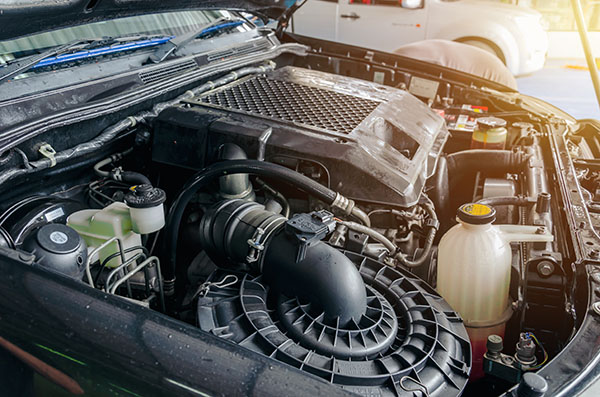
Waking up on a beautiful morning, preparing to drive to your favorite spot, only to hear the dreaded clicks and sputters of an engine that refuses to come to life.
A well-maintained engine can mean the difference between a reliable car that's ready when you are and an ornery machine that leaves you stranded. Your car's engine is its heartbeat, and just like your own heart, it needs regular care to run smoothly. Here's a rundown of seven indispensable engine maintenance tips that every car owner should engrave in their minds.
Keep Your Engine Clean
The cleanliness of your engine greatly impacts your car's performance. Leaves, dust, and debris can accumulate under your hood and potentially interfere with critical components. Every few months, ensure your engine bay is free from clutter. You don't need a professional – simply remove debris by hand or use compressed air for tight spots.
Regular Oil Changes - A Well-Known Must
Over time, oil breaks down due to heat exposure and collects contaminants. Change your oil based on manufacturer recommendations or at least every 5,000 miles to ensure internal parts remain lubricated and friction-free. Regular oil changes prevent premature wear and keep those gears turning seamlessly.
Stay Cool with Coolant
Your vehicle's cooling system is crucial in maintaining optimal operating temperatures. Without sufficient coolant or antifreeze, your engine could overheat, leading to significant damage. Inspect coolant levels regularly and change them according to service intervals, typically every two years. Always remember – never check while the engine is hot!
Timing Belt Tension
A faulty timing belt can result in a sluggish ride at best and catastrophic engine failure at worst. Pay attention if your vehicle has one (some newer models have timing chains instead). Typically replaced between 60,000 and 100,000 miles depending on the model; make sure this task isn't overlooked during scheduled services.
Fuel Filter Functionality
A clean fuel filter equals a happy engine. It ensures impurities don't reach the combustion chamber, where they could cause damage or hinder performance. Most manufacturers recommend replacing fuel filters every two years or 24,000 miles; check your owner's manual for specifics relating to your vehicle.
Air Filters
Engines need oxygen too! A clogged air filter restricts airflow which hampers efficiency and increases fuel consumption - a lose-lose situation for you and the environment alike. Aim to inspect it with every oil change; replace it at least annually or sooner if you frequently drive in dusty conditions.
Spark Plug Health Check
Misfiring spark plugs can cause a host of problems, including rough idling, poor fuel economy, difficulty starting, and decreased acceleration - effectively weakening your vehicle's overall health bit by bit. As small as they are mighty; ensure these little guys get changed out anywhere from 30,000 miles up - vary per vehicle specifications.
Arming yourself with these essential maintenance pointers not only safeguards you against unforeseen breakdowns but also keeps that vroom-vroom vitality alive. If you want to keep your engine running at its best, make sure to schedule an appointment with us at Mark's Auto Service!